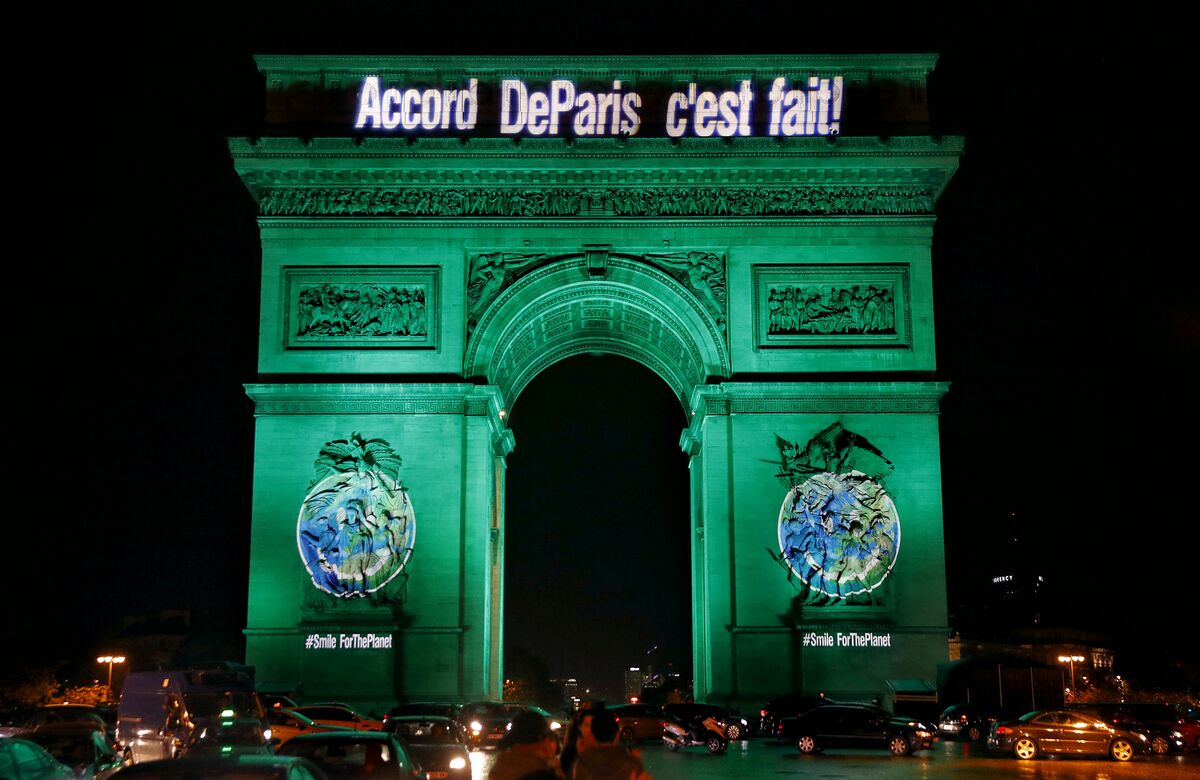
While envoys from almost 200 nations will make progress implementing the Paris deal at this year’s meeting, those involved in the process say the three-decade-old talks are in danger of drifting in the absence of leadership from rich nations
Donald Trump’s “America first” foreign policy is starting to undercut progress at the annual talks on fighting global warming. president’s vow to walk away from the landmark Paris Agreement on climate change and spur fossil fuels has encouraged countries from India to China to wonder why they should make sacrifices at two weeks of discussions held by the United Nations, which finish Friday in Bonn.
While envoys from almost 200 nations will make progress implementing the Paris deal at this year’s meeting, those involved in the process say the three-decade-old talks are in danger of drifting in the absence of leadership from rich nations and the long-promised $100 billion a year in climate finance for the developing world.
“This is the worst moment for the Americans to start behaving like a five-year old all of a sudden,” Christian Ehler, a German member of the European Parliament who speaks on EU and U. relations at the climate change talks, said in an interview. “The leader of the western world is stepping out of the multilateral framework used to tackle the most dramatic problem the world might be facing in the next 100 years.”
Old divisions emerged between richer and poorer nations. India, whose pollution levels are rising faster than any other industrial nation, stressed the need to include “equity” in the discussions, allowing it to keep expanding its emissions. China sought to differentiate responsibilities between developed and developing countries, a move that would expand its wiggle room in meeting commitments.
Even the leaders of France and Germany showed a split as they attempted to lead a diplomatic charge to keep the global warming fight on track. French President Emmanuel Macron called for a minimum price on carbon pollution while German Chancellor Angela Merkel defended her country’s use of coal and the need to preserve jobs in industry.
There was little progress from rich nations in saying when they’d achieve the goal of advancing $100 billion a year for developing-world climate projects, a target they’ve promised to achieve by 2020.
Read More: Why the Green Fund Became a Trump Target
“Some of these richer countries paint the U. as the bad boy, but privately they don’t want to do much more on these issues either,’’ said Alden Meyer, director of strategy at the Union of Concerned Scientists, an advocacy group.
Negotiators in Bonn this week are likely to make progress on:
Voluntary pledges that countries made in Paris two years ago aren’t enough to meet the target they set to keep global warming to “well below” 2 degrees Celsius (3.6 degrees Fahrenheit) since pre-industrial times. A degree of warming over the past century already has been blamed for making storms stronger, adding to the frequency of floods and droughts and raising sea levels.
Rising Temperatures
Faltering political will and rising emissions mean the world is on track for a temperature increase of 3.4 degrees Celsius by the end of the century, according to the UN. This year is likely to be one of the three warmest on record, with the highest ever emissions from fossil fuels, according to the UN’s World Meteorological Organization.
Trump’s envoys in Bonn stayed out of the limelight this week except for a single event, where, to the jeers of environmental groups, the White House climate adviser George David Banks touted the virtues of coal in expanding access to electricity.
“Our guiding principles are universal access to affordable and reliable energy, and open, competitive markets that promote efficiency and energy security, not only for the United States but around the globe,” Judith Garber, head of the U. delegation in Bonn and acting assistant secretary of state for oceans and the environment, said in a speech to envoys on Thursday.
China, India and other emerging economies want developed nations like the U. and Germany to make more effort to curb emissions before 2020 and to scale up climate finance, which is central to the global effort to curtail pollution.
“We would definitely expect more progress because if we think that climate change is a problem, it’s important that finance moves forward at the speed,’’ Arun Kumar Mehta, additional secretary for the Ministry of Environment, Forest and Climate Change at the Government of India, said in an interview in Bonn.


0 comments:
Post a Comment